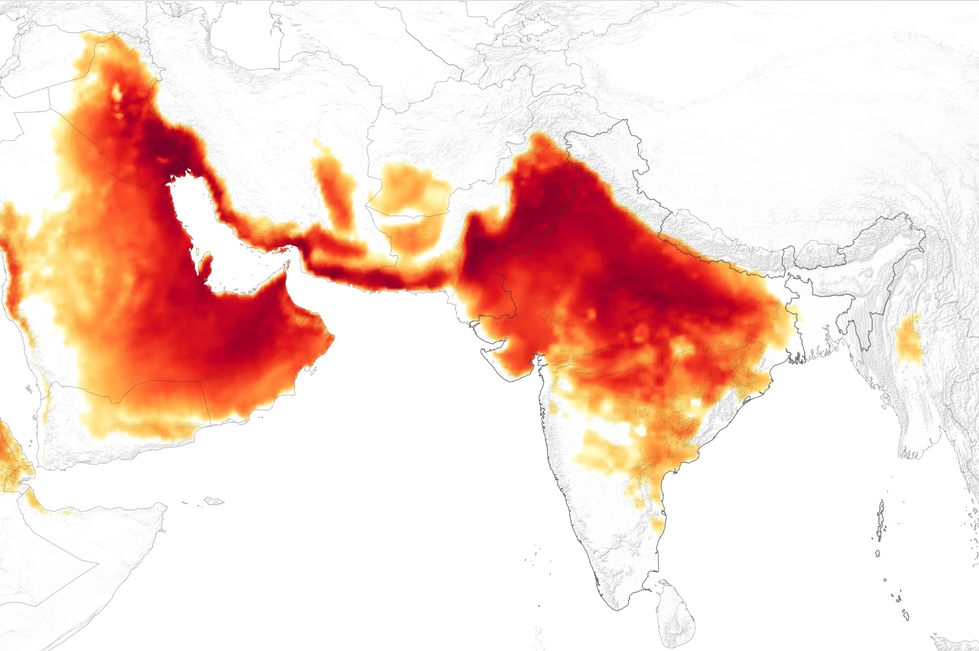Lancet Study on Heat-related deaths
The annual Lancet Countdown report was released recently.
What is the Lancet Countdown report?
The Lancet Countdown on health and climate change is an international, multidisciplinary report that monitors the changes in the health status of climate change. It is an independent assessment of the delivery of nationally determined contributions (NDCs) under the 2015 Paris Agreement. The seventh edition of this report was released recently.
What are the key findings of the report?
- At the global level, heat-related deaths have surged by two-thirds in the last 20 years.
- Extreme weather events in 2021 and 2022 has devastated every continent in the world.
- Floods in Australia, Brazil, China, western Europe, Malaysia, Pakistan, South Africa, and South Sudan has caused thousands of deaths and displacements.
- Heat-related deaths for people older than 65 years has increased by around 68 per cent between 2000-04 and 2017-21.
- The global warming resulted in elderly and children younger than 1 year of age being exposed to 3.7 billion more heatwave days in 2021 than annually in 1986-2005.
- The increase in heatwave days has resulted in 98 million more people facing food insecurity in 2020 than in 1981-2010.
- The global land area affected by extreme drought has increased by one-third in the past five decades. This has put millions of people at risk of water insecurity.
- In South Asia, between March and April, India and Pakistan witnessed a heatwave that was 30 times more likely caused by climate change.
- India witnessed a 55 per cent increase in deaths caused by extreme heat.
- Exposure to extreme heat caused a loss of 167.2 billion potential labour hours among Indians in 2021. This caused income loss that is equal to around 5.4 per cent of the country’s GDP.
- While many parts of India regularly experience heatwaves in summer, these are becoming longer, more intense and frequent.
- In 2021, more than 3.3 lakh people have died in India because of exposure to particulate matter emitted by burning fossil fuel.
- Average household concentrations of particulate matter in India is 27 times higher than WHO’s recommendations.
Month: Current Affairs - October, 2022
Category: Reports & Indexes Current Affairs


